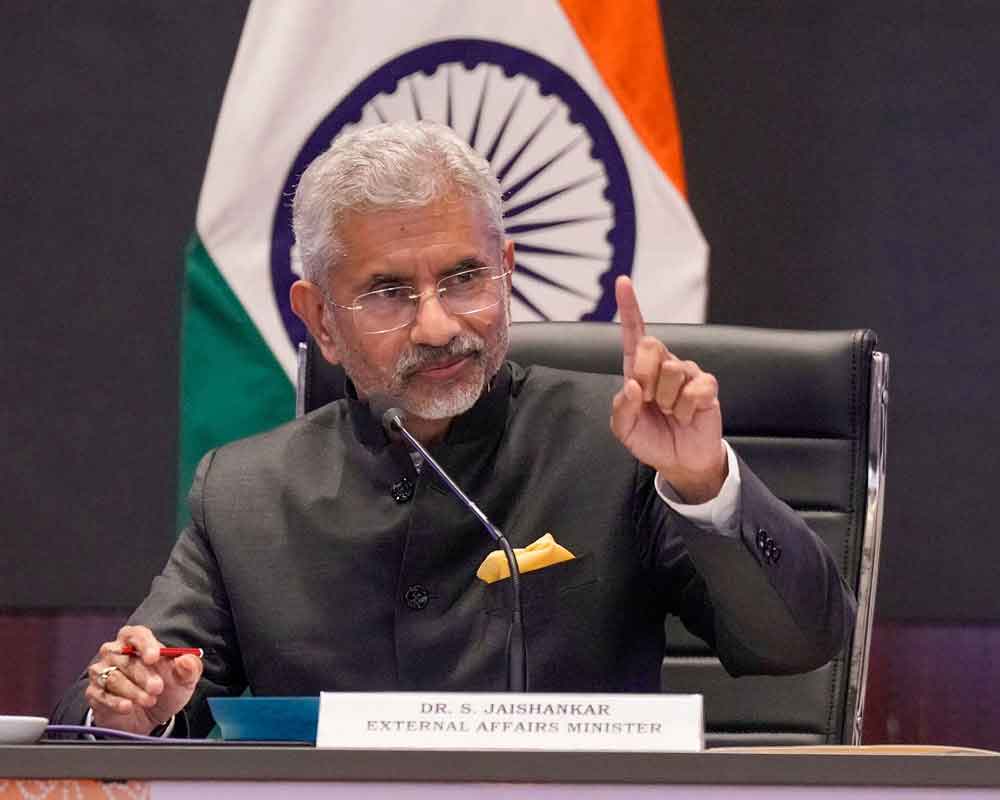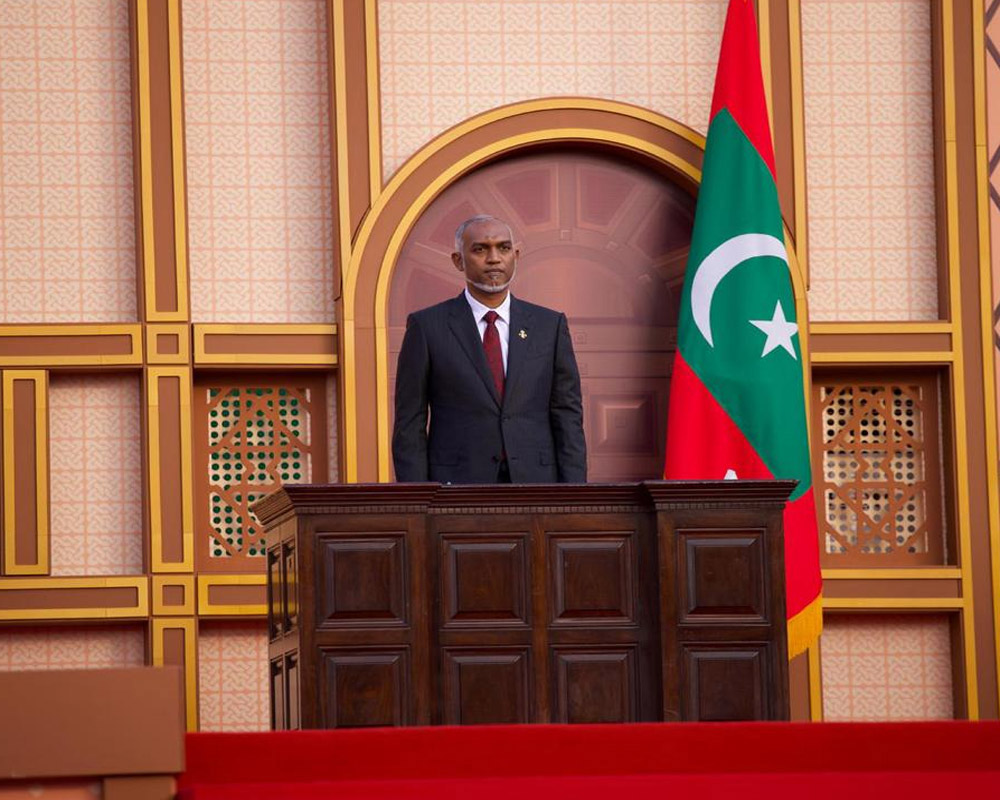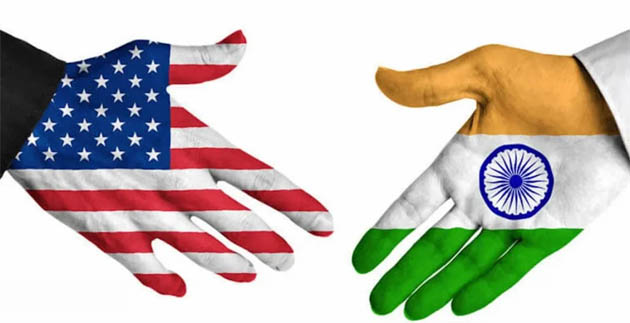By allowing political space to Khalistani separatist elements, the Canadian government is sending a message that its vote bank is “more powerful” than its rule of law, External Affairs Minister S.Jaishankar said
 KRC TIMES National Bureau
KRC TIMES National Bureau

By allowing political space to Khalistani separatist elements, the Canadian government is sending a message that its vote bank is “more powerful” than its rule of law, External Affairs Minister S.Jaishankar said.
In an exclusive interview , Jaishankar said India respects and practices freedom of speech, but that does not equate with freedom to threaten foreign diplomats, extend support to separatism or allow political space to elements advocating violence.
The external affairs minister also wondered how people with dubious backgrounds are being allowed to enter and live in Canada, referring to Khalistani supporters among the Sikh migrants from Punjab.
“In any rules-based society, you would imagine that you would check people’s background, how they came, what passport they carried etc,” he said.
“If you have people whose presence there is itself on very dubious documents, what does it say about you? It actually says that your vote bank is more powerful than your rule of law,” the minister said.
The Indian diaspora in Canada is about 1.8 million strong and there are another one million Non Resident Indians residing in the country.
The Indian diaspora, mostly of Sikh ethnicity, is considered an influential bloc in Canada’s politics.
Ties between India and Canada came under severe strain following Canadian Prime Minister Justin Trudeau’s allegations in September last year of the “potential” involvement of Indian agents in the killing of Nijjar.
New Delhi rejected Trudeau’s charges as “absurd”.
India has been maintaining that the main issue has been that of Canada giving space to pro-Khalistani elements operating from Canadian soil with impunity.
“It is not so much a question of running out of options. What we have seen to our regret has been the direction of Canadian politics where separatists and extremist forces, many of whom openly advocate violence, have been given political space in that country,” Jaishankar said.
“And there are people in positions of prominence today in Canadian politics who actually espouse that kind of separatism and extremism,” he said.
His remarks came in response to a question on how India plans to deal with challenges emanating from Canada and whether the options for New Delhi are running out.
Jaishankar said Canada’s response to India’s concerns has been that it has freedom of speech.
“Whenever we have taken this up with the Canadians..it is not a new issue…It has been going on almost for 10 years and they keep saying, oh ‘we have freedom of speech’.”
“We also have freedom of speech in our country. But freedom of speech does not mean freedom to threaten foreign diplomats, freedom of speech does not mean the kind of positions and the kind of activities which people in Canada are doing which does harm to our country because of its support for separatism,” Jaishankar said.
“And freedom of speech does not mean this kind of space which is also given to people of various dubious backgrounds — people associated with organised crime and so on,” the external affairs minister added.
In the last few months, India has been expressing concerns over the security of its diplomats in Canada and calling on Ottawa to ensure that they are able to carry out their responsibilities without fear.
There have been instances of pro-Khalistani elements threatening to harm Indian diplomats.
Days after Trudeau’s allegations in September last, India asked Ottawa to downsize its diplomatic presence in the country to ensure parity.
Canada subsequently withdrew 41 diplomats and their family members from India.
India has been asserting that its “core issue” with Canada remains that of the space given to separatists, terrorists and anti-India elements in that country.
Last week, Canadian authorities charged three Indian nationals with the murder of Nijjar.
It is reported that they entered Canada on student visas.
On Thursday, India said Canada has not provided any “specific” evidence or information in the case yet.
Advertisement | KRC Times






